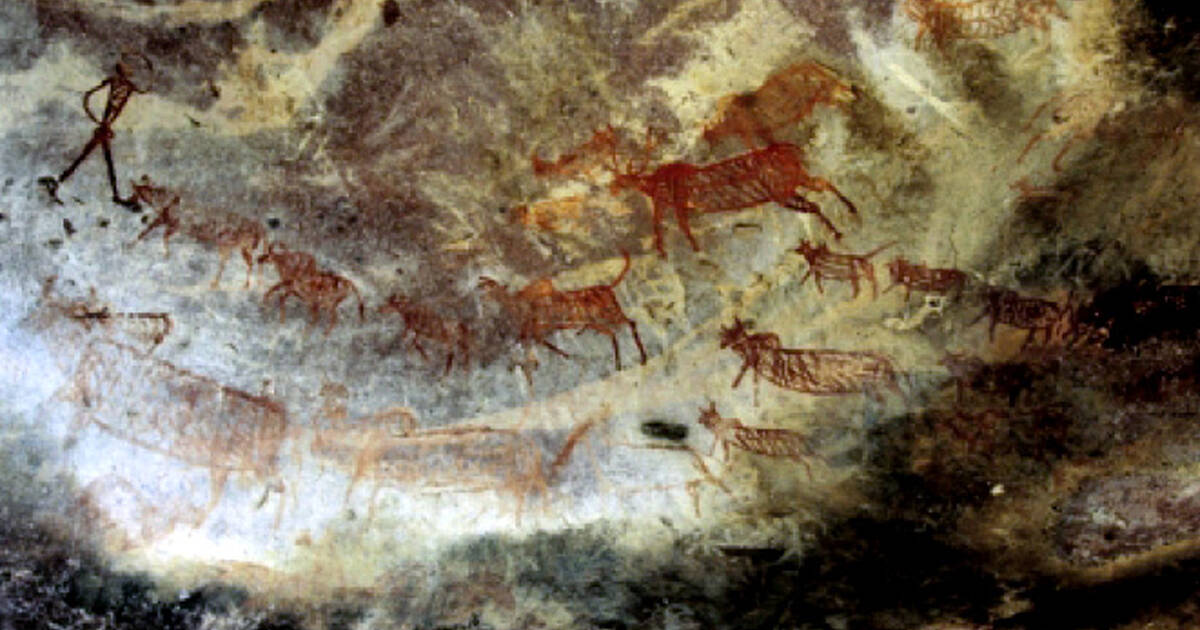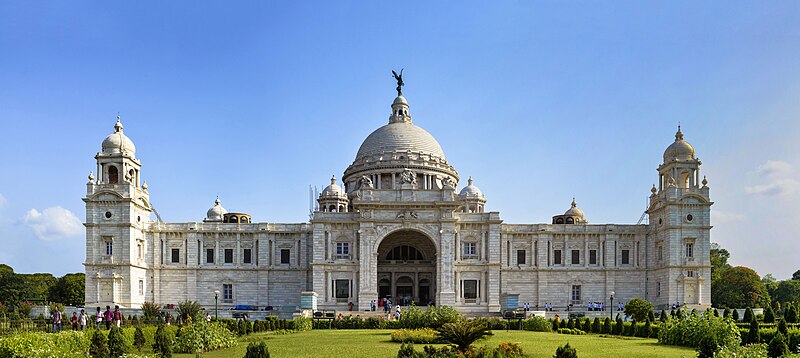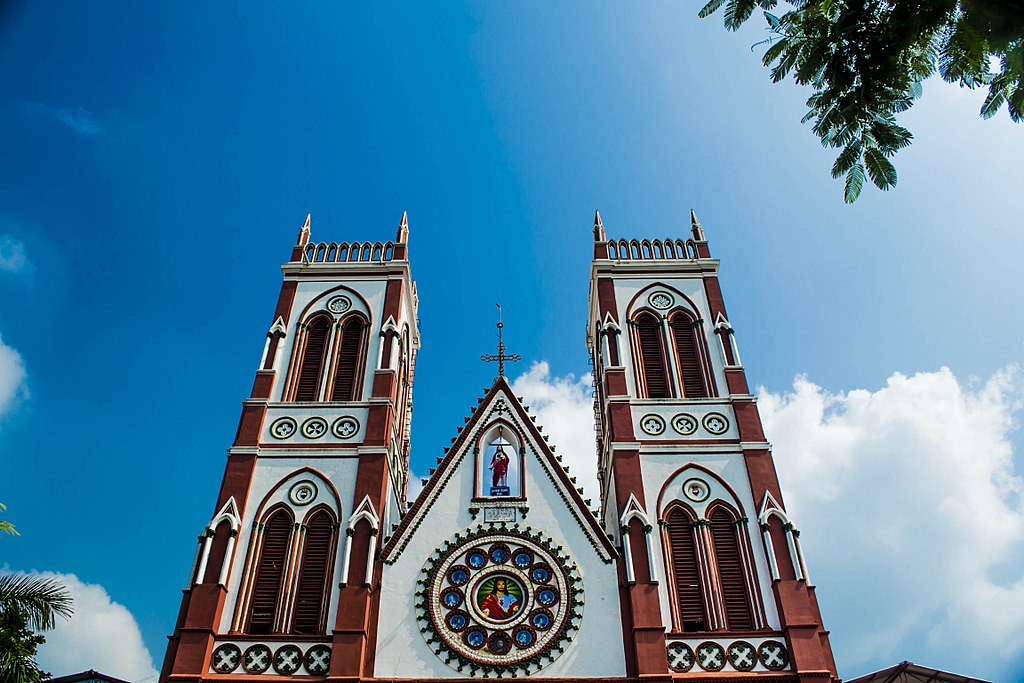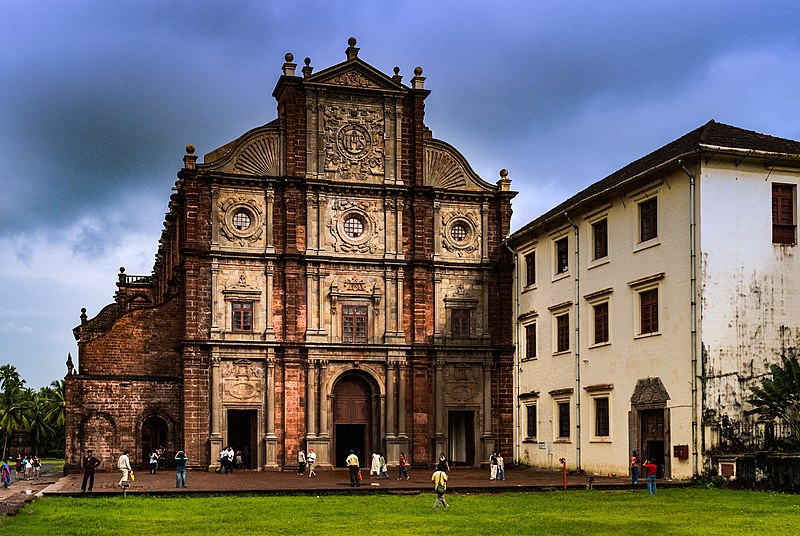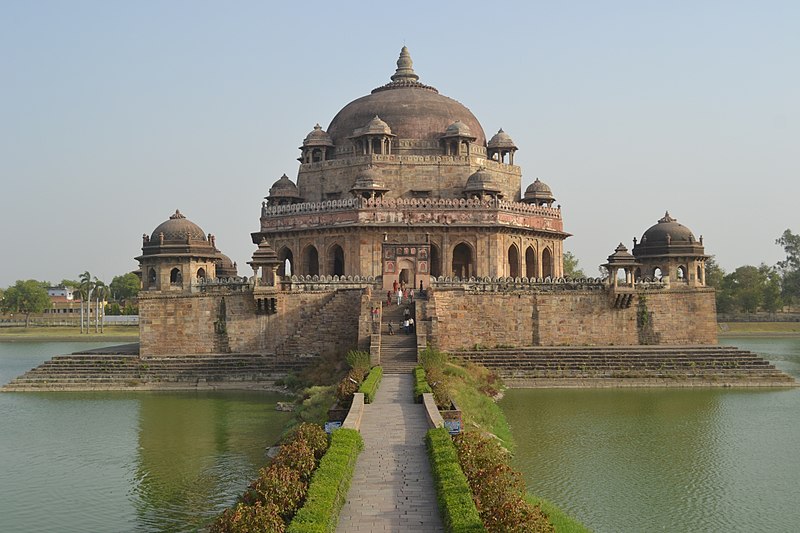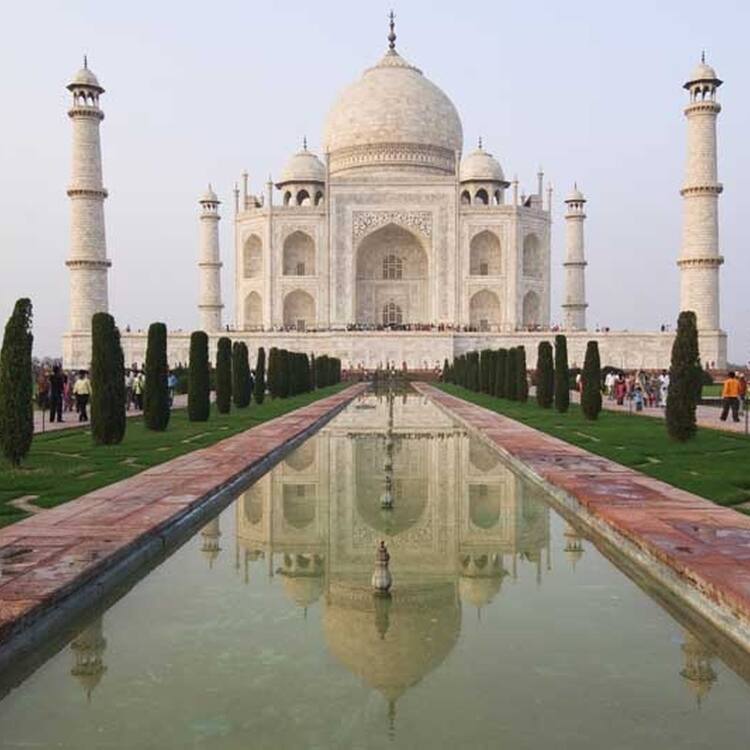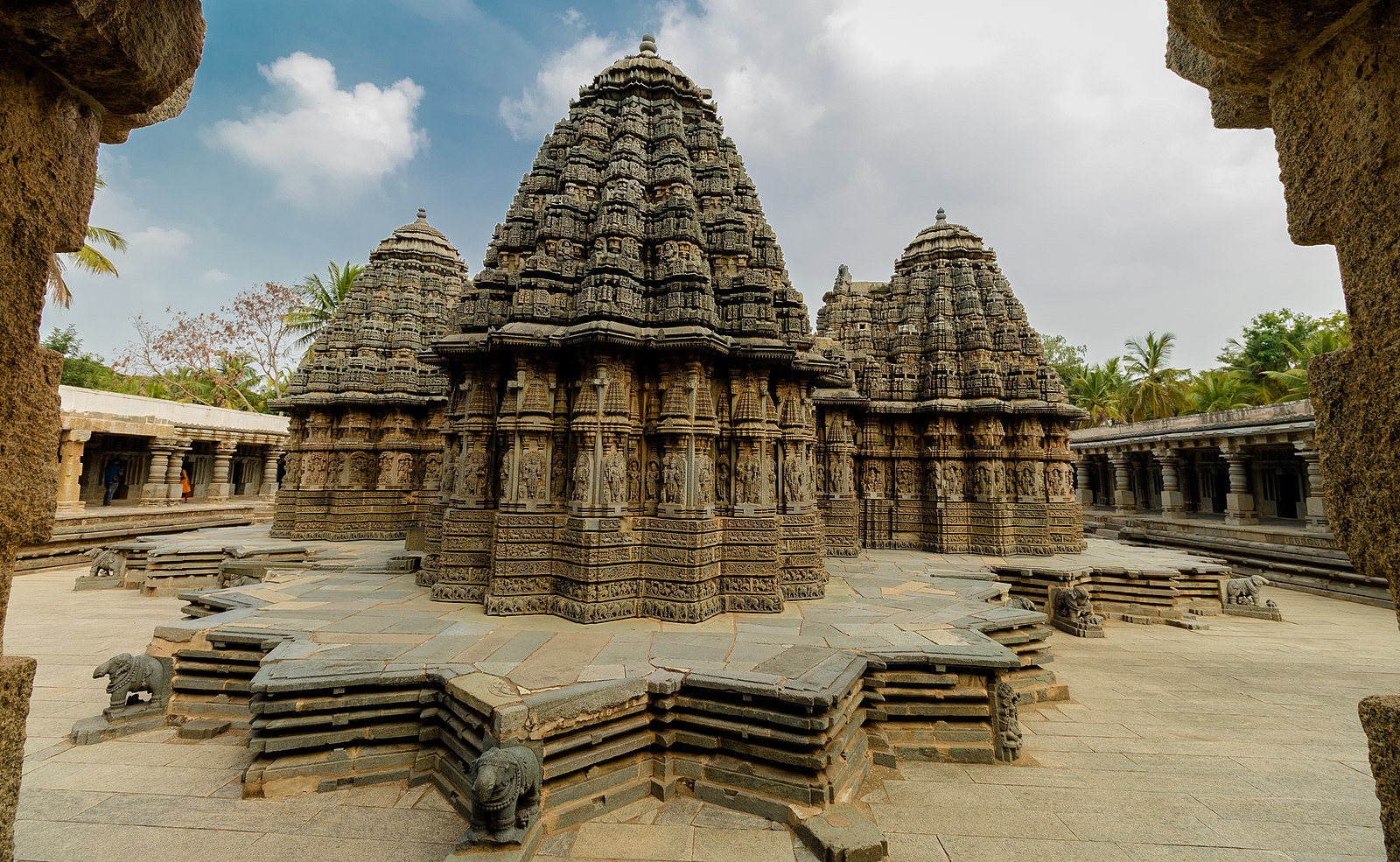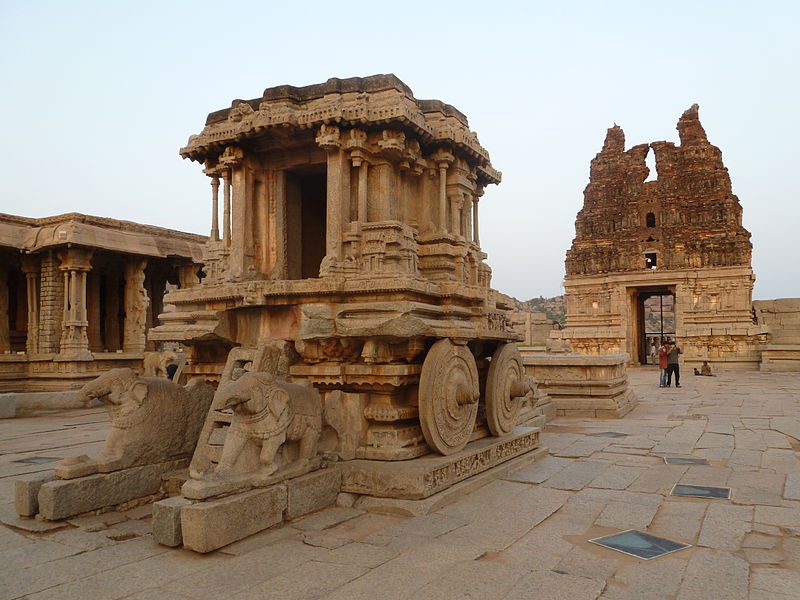Art and Culture
Indian Paintings: Prehistoric Paintings
Basics The prehistoric paintings were generally executed on rocks and these rock engravings were called Petroglyphs. One of the key examples of prehistoric paintings in India is in Bhimbetka caves in Madhya Pradesh. Phases Phases Features Upper Paleolithic Period (40,000-10,000 … Continue reading
Indian Paintings: Ancient Sources Dealing with Paintings
Pre – historic Bhimbetka cave painting. Vatsyayana in his book Kamasutra. References to art of painting in the Brahmanical and Buddhist literature through representation of the myths and lore on textiles, known as Lepya Chitra. The play, Mudrarakshasa by Vishakhadutta, … Continue reading
Indian Paintings: Principles of Painting
Background Vatsyayana in his book Kamasutra enumerated about six main principles/limbs or Shadanga of paintings. Principles Variety of Forms Rupabheda Proportion and measurement of the object or subject Pramanam Immersion of emotions Bhava Creation of lustre and gleam with the … Continue reading
Modern Architecture: British Influence in Architecture
Basics The British brought with them the Gothic style of architecture. It merged with the Indian architecture and resulted in the Indo-Gothic style of architecture. Post-1911, a new style of architecture known as the Neo – Roman architecture emerged. Indo-Gothic … Continue reading
Modern Architecture: French Influence in Architecture
The French brought the concept of urban city planning. For example, French towns of Puducherry and Chandernagore (now Chandannagar in West Bengal) were built using the Cartesian grid plans and scientific architectural designs. They also introduced the concept of anonymous … Continue reading
Modern Architecture: Portuguese Influence in Architecture
Background The Portuguese brought with them the Iberian style of architecture. They also introduced the concept of ‘Patio houses’ and ‘Baroque style’, developed in the late 16th century in Europe to express the strength of the Church Major Examples Sé … Continue reading
Sher Shah’s Architecture
Sher Shah ruled in an interim period in the Mughal era, and his rule was parallel to that of Humayun. His contributions to architecture include The Qila-eQuina (Mosque of the Old Fort) mosque in Delhi. He built the famous Rohtas … Continue reading
Mughal Architecture
Babur Babur undertook the construction of mosques in Panipat and Rohilkhand in 1526 AD. Humayun He led the foundation of a city named Dinpanah, but couldn’t finish it. Persian style became prominent in the architecture of this period. Akbar Red … Continue reading
Hoysala School of Architecture
Developed under Hoysala rulers in the Karnataka region in areas of Belur, Halebidu and Sringeri. Basic Features Multiple shrines were built around a central pillared hall. The shrines were laid out in the shape of an intricately designed star. This … Continue reading
Vijayanagara School of Architecture
Patronage by Vijayanagara Empire (1335-1565 CE) . They combined the features of Chola, Hoysalas, Pandyas, and Chalukyas‘ architectural styles and were influenced by the Indo-Islamic style of Bijapur. Basic Features The walls of the temples were highly decorated with carvings … Continue reading

